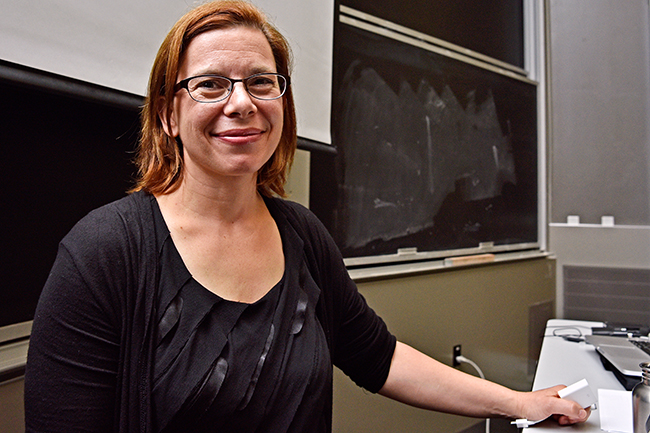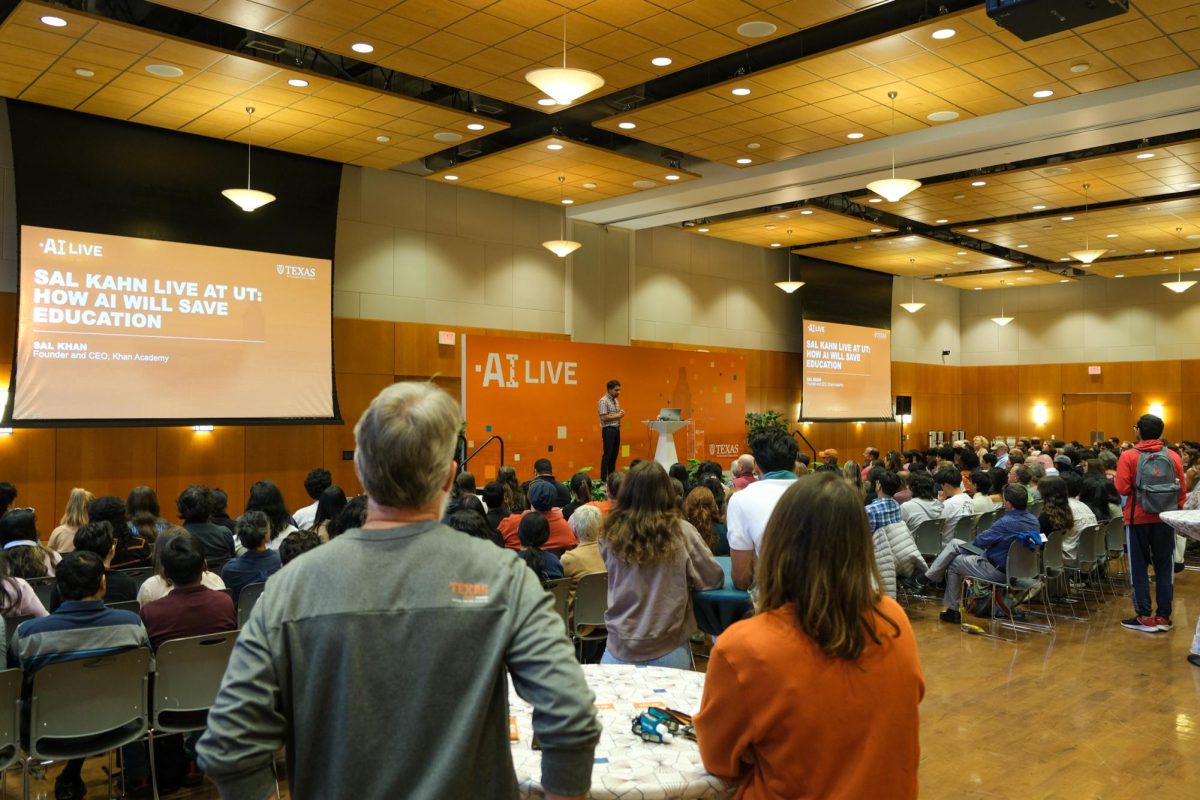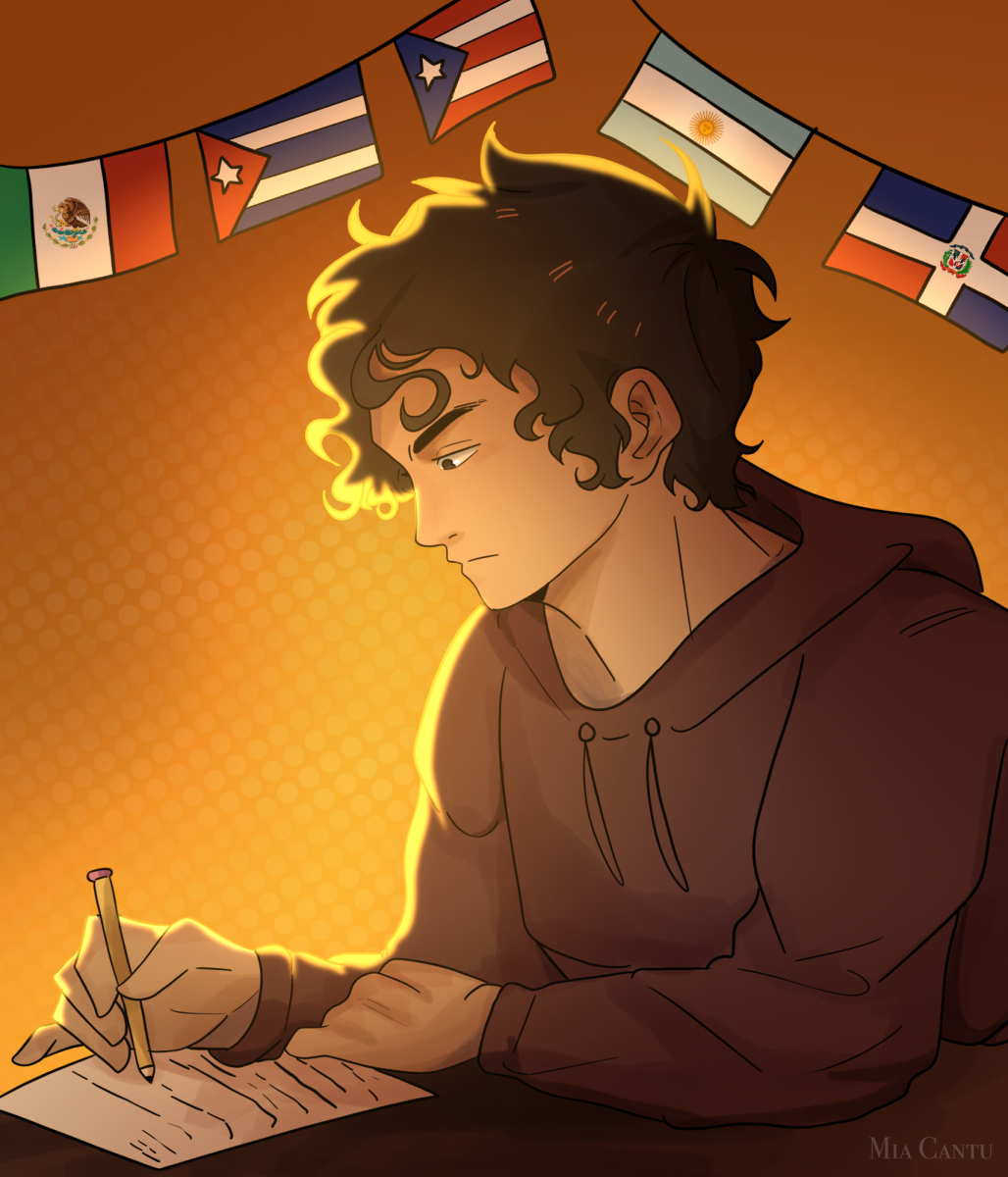The relationship between honor and violence in Afghanistan has oppressive consequences for women because of a strict emphasis on customary law, according to an expert on conflict mediation.
Jennifer Fluri, associate professor of geography at the University of Colorado at Boulder, spoke to students Friday evening about her research on Afghan women who are negatively impacted by family members desire to protect their honor.
While conflict mediators intervene to protect women’s rights and prevent them from being abused, Fluri said Afghans continue to insist there is no space for mediation because it violates their traditional practices.
“It is easy to simply dismiss these codes of honor as backward or against human rights, particularly when violence is used as a method for insuring or restoring honor,” Fluri said. “But that derails an understanding of social transformation and political conflict by focusing on honor crimes rather than on similar crimes caused by other forms of institutional violence.”
Fluri said she dos not support honor systems or forms of justice that abuse women, but she said through investigating honor codes across history and geography, gender and comparative scales of violence expose the reasons behind these systems. Resolving conflicts in Afghanistan follows a specific code of conduct that places emphasis on the family’s honor at the expense of women’s lives to avoid dishonor to their families, according to Fluri.
Anthropology senior Tess Bryan said she believes honor carries a different meaning depending on cultural backgrounds that can either align or clash with other perspectives.
“It frustrates me to see what people do in the name of honor,” Bryan said. “But I think it’s a larger power structural relationship that needs to be destructured in order for the violence to not happen.”
Comparing Afghanistan’s concept of honor within families to U.S. forms of honor within the military, Fluri said both systems view honor as a combination of a code of conduct and emotional logic that is used to trigger violence, whether they are defending one’s family or national honor.
Geography doctoral student Naya Jones said she thinks honor codes affect areas beyond Afghanistan and that she especially sees the impact of honor on U.S. soldiers.
“What comes to my mind is that honor is being used as force on a global scale,” Jones said. “There’s a particular weight to the U.S. military code of honor and its practices.”


















